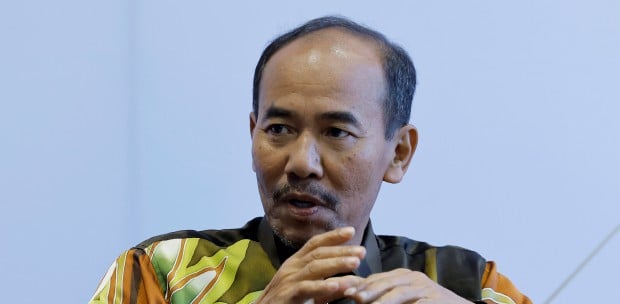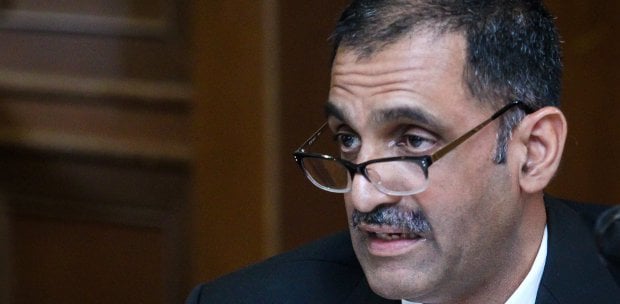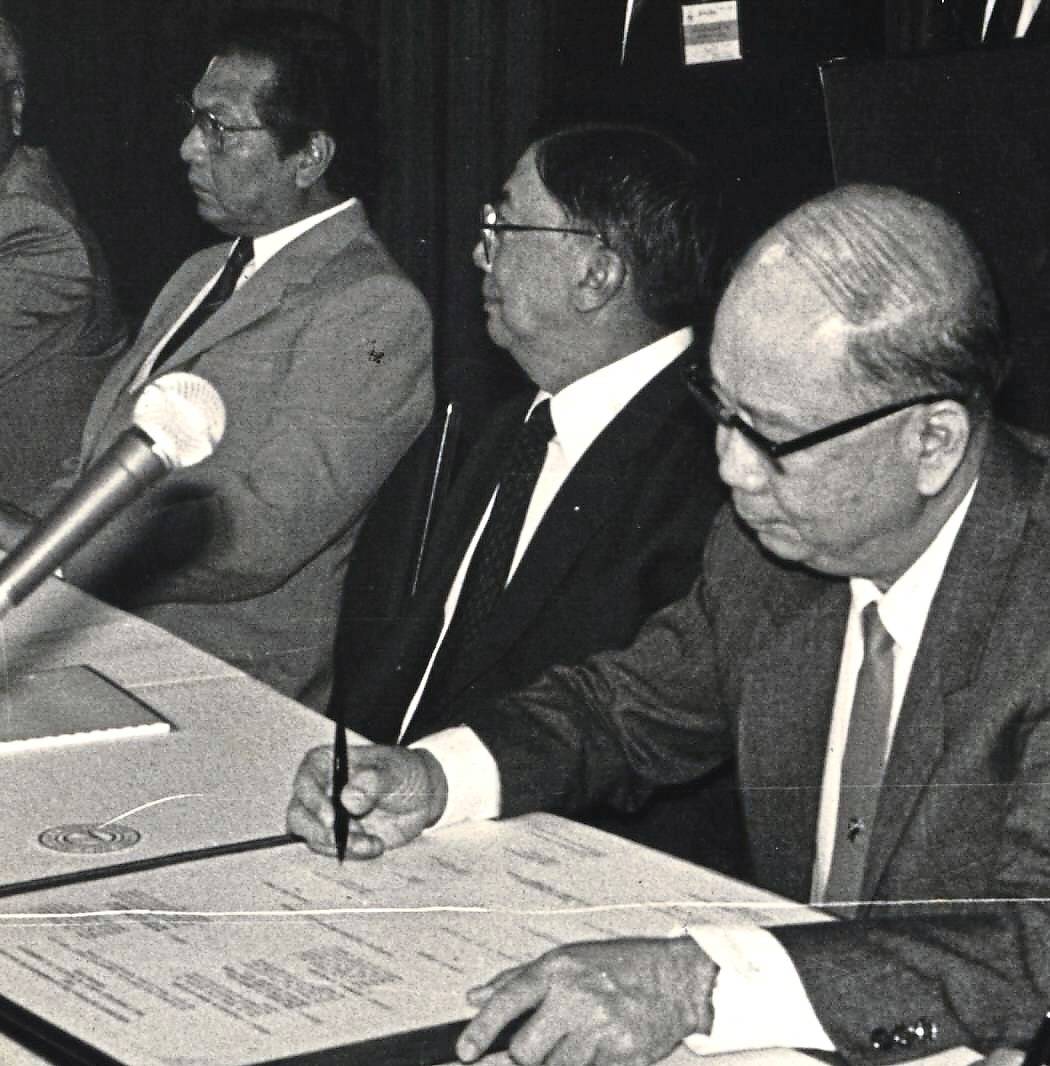With billions being spent on Budget 2025, it is important that the money reaches the people, and is not siphoned off by the corrupt and kept in ‘safe houses’. Good must triumph.
I HAVE always loved spy stories. You know, the type where the hero kicks some serious butt and takes out the bad guys before rescuing the pretty scientist they are holding hostage.
The pretty hostage and the spy make their way to a safe house where she is debriefed and secrets are revealed. Then the hero and scientist go to some island in the sun where the hero “de-briefs” the scientist in another way. But hold on, I am going off on a tangent.
What I am really on about is that I have always thought of a safe house as a place where hostages and intended victims of killers are taken to stay safe.
Or places where kids bullied and mistreated by some cult are taken to be kept safe from the bullies, or parents who handed them over to the culprits.
In Malaysia, we have more. Here, we have safe houses that are literally houses that double up as safes.
The Malaysian Anti-Corruption Commission (MACC) people raided a few houses belonging to a politician recently. They were “safe houses” holding close to RM5.5mil, both in local and foreign currencies.
Why would a person stash so much money away in a house and not put it in a bank account? Was it some ill-gotten gain? Or was it money to be used on the sly for some other reason?
First things first, though. We have not been told who the politician is and he is obviously innocent until proven guilty, and we do not know if there is more to these raids and seizures than meets the eye.
But one thing is certain. Corruption among politicians has for long been a big thing in Malaysia. And almost none would accept their guilt.
Scores of them – from both sides of the divide – have been charged and most of us believe that it is only the tip of the iceberg.
It’s not just politicians. Civil servants have also been caught with houses serving as safes.
Just last month, nearly RM800,000 in cash was found in the bedrooms of two Immigration Department officers who were caught for “counter setting”.
One of them had close to RM250,000 hidden under a mattress. Apparently, people still do keep money under mattresses and pillows. My late mother used to do that, but a quarter of a million?
MACC folk have seized more than RM1.5mil in their raids against dirty Immigration officers, according to chief commissioner Tan Sri Azam Baki.
And who can forget the Sabah water scandal, where two senior officers in the state agency were arrested? Some RM52mil in cash was seized, RM3mil of which was in a safe deposit box in a suspect’s office with more in a “safe house”. There were also jewellery, luxury watches, cars and even land grants.
Here are some statistics, as given by MACC’s director of monitoring and coordination Mohamad Tarmize Abdul Manaf:
From 2019 to 2023, 2,163 public servants were arrested for corruption. This was 43.3% – almost half – of total arrests made by the commission. Of that number, 1,347 (62.2%) were arrested for soliciting and receiving bribes.
Oddly enough, 21 (1%) were arrested for offering and giving bribes.
Tarmize says there are many reasons why public servants should not take bribes. There’s the shame of being arrested, jail terms that can be as long as 20 years, and there are huge fines of up to five times the value of the bribe.
They can even be named and shamed in the MACC portal. Worse, civil servants will not only lose their jobs but also their pensions.
So why do they still do it?
Does the lure of extra money really overshadow the punishments they potentially face? Or are they paid so little that they need to find extra funds to survive? In just over a couple of months, civil servants will get a hefty pay hike. Will that bring down corruption?
I am not sure, but most would agree that corruption is a serious matter in Malaysia.
In 2023, we ranked 57th out of 180 countries in the Transparency International’s Corruption Perceptions Index with a score of 50, up from 47. A year earlier, we were ranked 61st.
There has been an improvement, but obviously, we have a long way to go.
Take our southern neighbour. In the same index, Singapore was ranked the fifth least corrupt country and remains the only Asian country ranked in the top 10. Even its politicians would not dare to be dishonest.
Earlier this month, S. Iswaran, a senior Cabinet minister in the republic’s government, was sentenced to 12 months in jail.
His offence? He accepted gifts worth more than S$403,000 (RM1.32mil) while in public office. The gifts included tickets to the Formula 1 Grand Prix, a Brompton T-line bicycle, alcohol, and a ride on a private jet. There were no huge sums of cash hidden in his house.
It probably would not have been a big deal in Malaysia.
And Iswaran’s response to the verdict? The 62-year-old accepted that he was wrong to accept the gifts, declined to appeal, and went to jail.
There is a sense of shame there. Former Singaporean national development minister Teh Cheang Wan who was investigated in 1986 for accepting bribes even took his own life before he was charged.
Malaysia really needs honest politicians, or at least those who know the difference between right and wrong. Yesterday, a RM421bil Budget was unveiled. It must reach the people, not be siphoned off by corrupt officials.
We will also be celebrating Deepavali in 10 days, and it is a good time to reflect on the integrity of our leaders. After all, Deepavali is also about the punishment of thieves and the corrupt.
The evil demon Narakasura not only tormented the worlds, he kidnapped 16,000 women, and stole the earrings of Aditi, the heavenly mother goddess, and usurped her territories. That was the last straw, and Lord Krishna came to earth to slay him. That was the hero kicking some serious butt.
In some parts of India, they celebrate Deepavali as the day Lord Rama came home after rescuing his wife Sita from the evil Ravana. And that was the hero rescuing the pretty hostage.
Which is why I really like those stories too. Have a happy – and safe – Deepavali.




















